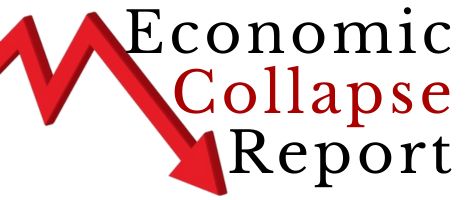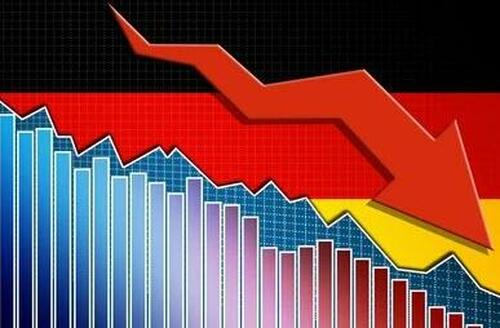Many Germans liked to see their country as a global leader in the fight against climate change. Despite Germany being responsible for only 1.5 percent of man-made CO2 emissions worldwide, advocates for climate action argued that Germany could serve as a role model for other nations. These self-appointed “saviors of the world” believed that if Germany led the way, others would soon follow.
But it would now seem that Germany has become more of an anti-role model than a role model. Germany’s economic situation is getting worse every month. Growth is lower than in almost any other OECD country.
BASF, once the largest chemical company in the world, is cutting thousands of jobs in Germany and redirecting several billion euros of investment to China. Germany’s largest steel manufacturer, ThyssenKrupp, last week announced plans to cut 11,000 jobs. The company had received two billion euros in subsidies on condition that it transition to producing “green steel” using hydrogen, which is totally uneconomical. BASF and ThyssenKrupp both cited Germany’s exorbitant energy prices and gargantuan bureaucracy as reasons for their decisions.
There has been a significant increase in the number of companies filing for insolvency. The current rate is 66 percent higher than the average for the month of October in the years 2016 to 2019, prior to the COVID-19 pandemic.
According to a study conducted by EY, fewer and fewer foreign companies want to invest in Germany. The number of foreign direct investment (FDI) greenfield and expansion projects in Germany has decreased by 12 percent compared to the previous year. This marks the sixth consecutive decline and the lowest level of investment activity since 2013. […]
— Read More: www.zerohedge.com


